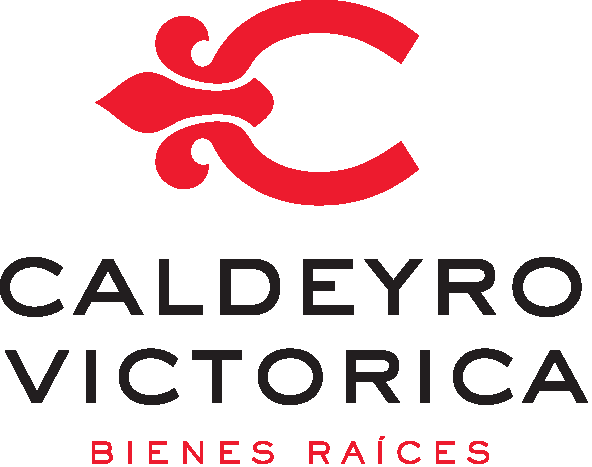Uruguayan citizens and foreigners (residents or non residents) have equal rights when purchasing property in Uruguay. There is no restriction as to what type of property a foreigner can buy.
Property in Uruguay can be purchased by individuals, by a company or corporation or by an individual through a fully owned corporation. When we talk about a corporation or company it means either a local company or a foreign company (Delaware LLC, Panama Corp, BVI Co., etc).
The property is credited by a property title deed that must be certified by a Public Notary. In other cases such as inheritance, the property is credited through court rulings. Every certificate of ownership, which includes the description and complete demarcation of the property (Map, “Plano”) and its “Padron” number, is part of the Public Property Registry (www.dgr.gub.uy). For rural properties, the “CONEAT” mapping system. CONEAT can be accessed online, and it shows the soils types and productivity levels.
The role of the Public Registry is to advertise business and legal acts (defined as transcendent by law). This consists of two fundamental aspects: the registration of such acts (ownership, mortgages, leases, pledges, etc.) and the information about them provided to anyone who requests it.
The purchase requires the assistance of a Public Notary, who is appointed by the buyer. The Public Notary is registered with the Supreme Court of Justice. As an expert in real estate law, your Notary will educate you on the importance and consequences of a preliminary contract for the purchase of a property; the various methods of mortgage financing; the value of your investment; the taxation implications of your transaction; the need for a title examination and the preparation of an updated report and the essential clauses to have in a deed of sale.
Before signing any document, consulting your Notary will enable you to know your rights on the matter under consideration, to pinpoint those items capable of affecting your personal and financial situation, to evaluate the advantages and disadvantages of the various solutions proposed and to choose the form and type of legal action best suited to your needs. Your Notary’s advice is your guarantee of security. The information received when you consult a Notary will allow you to better identify the rights and obligations attached to the legal action you are planning to take.
As an authority in commercial matters, your Notary will advise you on the advantages of setting up a company, the requirements for forming a partnership, the procedures to be followed, the tax benefits and the possible agreements between partners or shareholders in the event of death or the dissolution of the business.
The Notary Public can provide the appropriate advice prior to a negotiation as to the conditions, terms, rights, obligations and other legal situations involving the business so that the purchaser is fully informed. The Notary will protect the buyer’s interests by verifying the property title (analyzing the property’s ownership history) and drafting the purchase document. When the down payment or deposit is made, the Notary is the Escrow Agent. The Notary is also responsible of recording the purchase at the Public Registry.
Steps in the purchase process
When the buyer selects the property and the price is agreed upon, the Notary will contact the seller and draft the “Boleto de Reserva”. This document secures the transaction and commits the seller and buyer. It also specifies the penalty if either party breaches the commitment. In this document the Notary will record the amount deposited (usually 10% of the property price). The deposit is kept in escrow by the Notary. There is a 30-45 days period that the Notary will have to examine the property’s history, tax situation, etc. In the “Boleto de Reserva” the parties will set the date when the full price is paid and the property title is transferred to the new owner.
After signing the “Boleto de Reserva”, the Notary will verify the property’s title by checking with the Public Registry. Later, the Notary will draft the purchase document (“Escritura de Compraventa”).
The purchase document is signed, the property ownership is transferred and the price is paid. The Notary will record the purchase in the Public Registry.
Purchase Transaction Costs for the Buyer:
Costs vary from 8% to 9% of the property price.
A. Real Estate Agent´s fee = 3% plus taxes (22%) = 3.66%
B. Notary Public’s fee = 3% plus taxes = 3.66%
C. Registrations, certificates and other records = U$S 300 approx.
D. Property Transfer Tax = 2% of the fiscal value of the property. The fiscal value of the property is usually much lower than the market value.
Costs involved in selling property in Uruguay:
A. Real Estate Agent´s fee = 3% plus taxes (22%) = 3.66%
B. Property Transfer Tax = 2% of the fiscal value of the property.
Financing your purchase
There are two ways you can finance the property you buy. One is financing provided by the owner of the property, which is usually short term (less than 2 years) and with an interest rate of 8%. Another is with bank financing provided by local banks. This financing can be for up to 50% of the property’s value and for a period up to 10 years. The interest rate for this is 9%. Like in many other countries, in order to get bank financing you must present income statements and other documentation.


9 comments
I’ve been to Urugay and I love the place that’s why I will recommend this place to everyone.
Thank you!
Could you explain why you say you love it so much? I am curious about your experience..
I would love to go there to spend my family vacation there. This is really great. Thanks
What is the best way to get from NYC to Uruguay?
Hi Ann,
I think that the best route from NYC would be through Miami, there are non stop flights to Montevideo from Miami.
If you have any questions, please let me know!
Hello Ann,
From NY I would fly to Miami and then Montevideo. I believe AA offers nonstop flights to Montevideo.
If you have any questions, please let me know.
Regards
Uruguay is an amazing place. Food and culture and structures… did I say the food… lol Even if I get called a gringa and my husband was born there.
Thanks Tina for sharing!